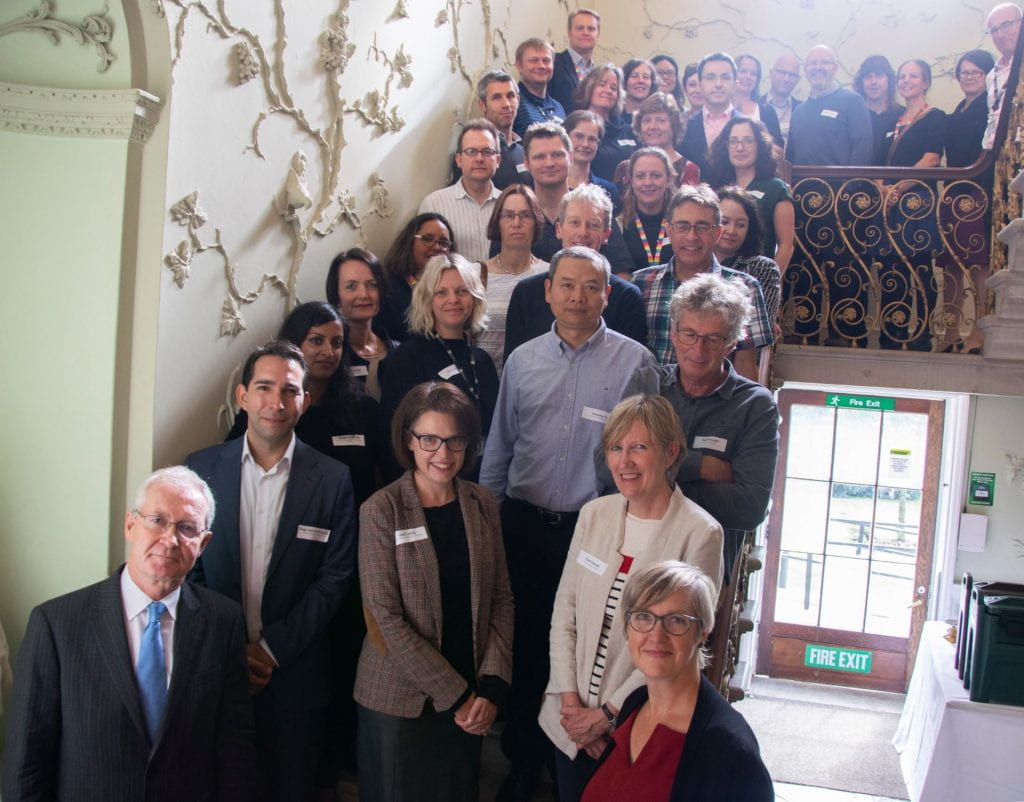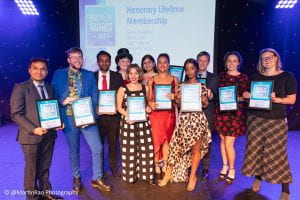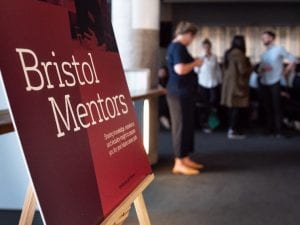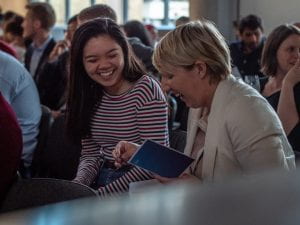Dr Erik Lithander, Pro Vice-Chancellor Global Engagement
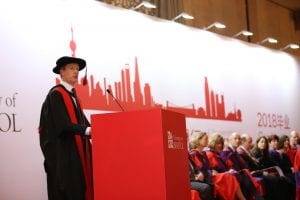
I do love graduation. Giddy excitement, uneasy anticipation, jangled nerves… and that’s just those who run the ceremony! As for the graduating students, their facial expressions generally range from barely contained surprise to steely nonchalance, but by the time they reach the end of their short walk across the stage their emotions invariably coalesce into irrepressible pride in their achievements. That mix of emotions, an in particular the opportunity to share them with friends and loved ones in the magnificent Great Hall, is what makes graduation one of the most memorable occasions in the University of Bristol experience.
Cognisant of the fact that many of our Chinese students miss out on a Great Hall graduation because of visa restrictions or the inability to travel back for the ceremony with their families, we have been bringing the Bristol graduation to China since 2013. The upcoming degree conferring ceremony in Shanghai scheduled for Saturday April 13th will be our 5th, and sends a strong message to our 2,500 strong Chinese student population that they are an integral part of our University community.
The Shanghai ceremony will bring together nearly 1,000 graduands and guests in a magnificent event that we will make as true to the original as is humanly possible: academic gowns, organ music and even the opportunity to have your photograph taken with the Wills Memorial tower in the background (thanks to the marvels of a green screen photo booth).
As in previous years, our Chinese graduation ceremony will form the centrepiece of a much broader ‘Bristol in China’ mission which this year is led jointly by Vice-Chancellor Professor Hugh Brady and our Chancellor Sir Paul Nurse, who is participating for the first time. Sir Paul’s academic rock-star status in China is bound to make a lasting impression on our graduates and their guests, as well as on the science students who will be guests at a lecture he will give at the prestigious Tsinghua University in Beijing a few days later.
Whilst graduation is certainly the largest event taking place, it is just one of many lined up for the delegation across the week. Whilst in Shanghai we will also be hosting an alumni reception, career workshop, offer-holder event and media interviews. Many of these will be repeated when we then travel on to Beijing.
There will also be institutional visits to partner universities in cities like Changchun and Chengdu. Here we will reinforce our commitment to shared initiatives such as joint academic programmes, research collaboration and student exchanges, and will no doubt once again be blown away by the sheer scale and ambition of the ongoing investment in higher education infrastructure in China.
We will also be reuniting with Professor Bai Chunli, President of the Chinese Academy of Sciences, who we awarded an honorary degree in 2015, further helping to strengthen our relationship and dialogue with key associates in China.
Despite our modest size compared to many Chinese universities, the University of Bristol’s own ambitions resonate strongly in China. We invariably get significant interest in our Bristol Futures curriculum and its innovation-global citizenship-sustainability axis, all three of which are high on the agendas of China’s leading universities.
Explaining the Temple Quarter Enterprise Campus and the gradual reframing of our engagement with our city and its communities also garners significant attention, where the link between university research, innovation, entrepreneurship and civil society is also a topic of animated discussion!
The University of Bristol has a great story to tell. If nothing else, our China graduation reminds us that the very best people to help us tell that story are our fabulous graduates, regardless of whether they cross the stage in the Great Hall or in the Ritz Carlton. I declare open this congregation for the conferment of degrees…
